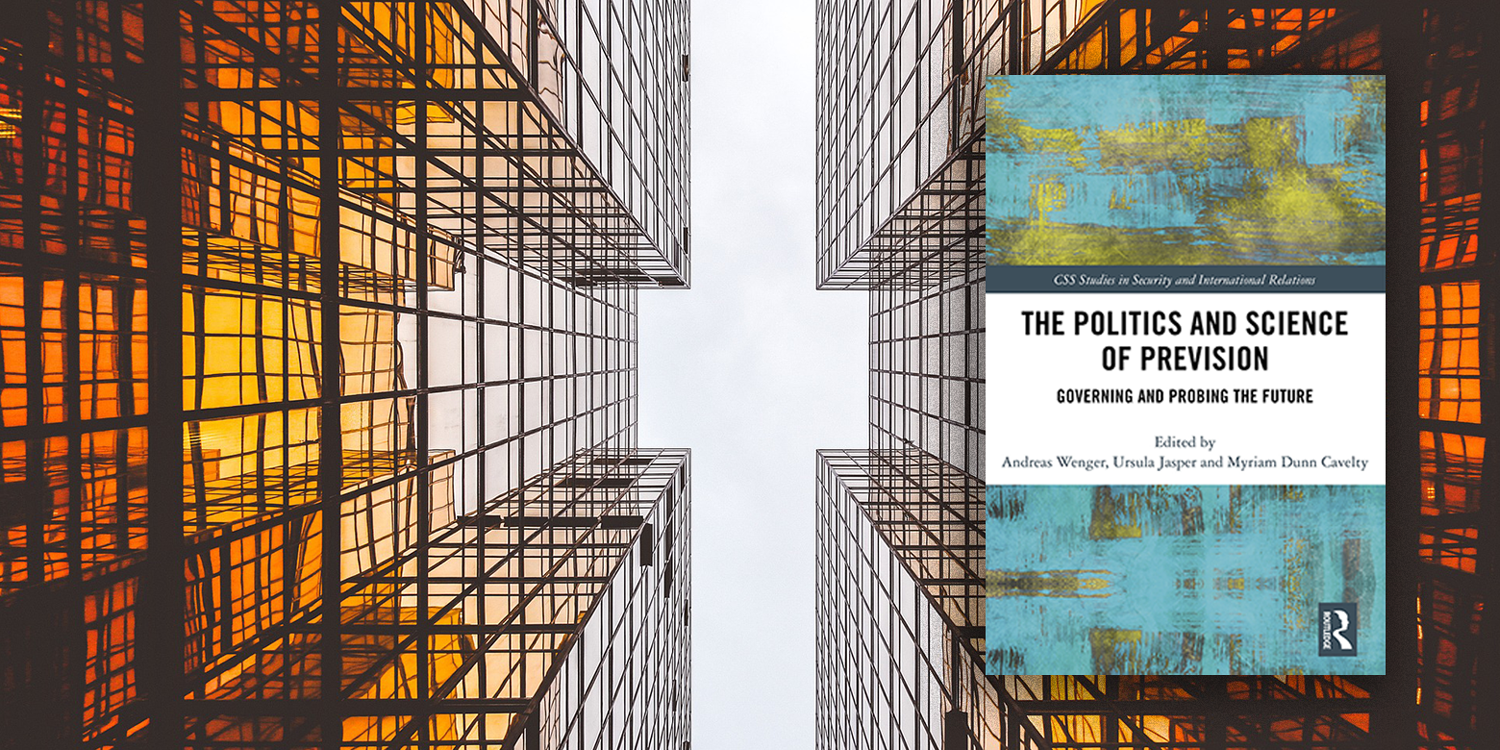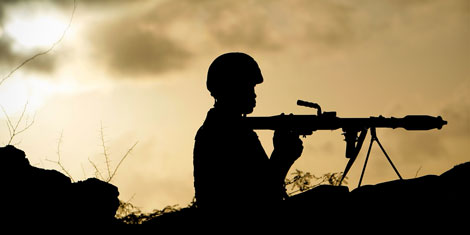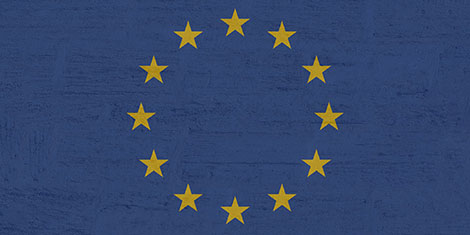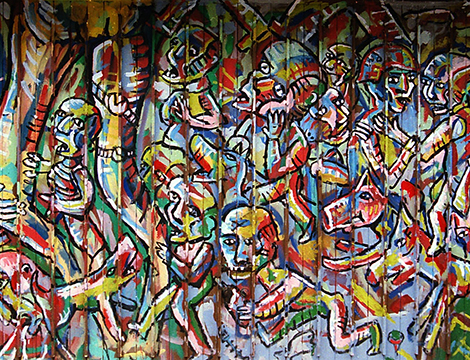Assembling Future Knowledge and Integrating It into Public Policy and Governance
 This article is the concluding chapter of The Politics and Science of Prevision: Governing and Probing the Future, published by Taylor & Francis Group. To read this open access book, click here.
This article is the concluding chapter of The Politics and Science of Prevision: Governing and Probing the Future, published by Taylor & Francis Group. To read this open access book, click here.
In a world of complexity, interconnectedness, uncertainty, and rapid social, economic and political transformations, policy-makers increasingly demand scientifically robust policy-advice as a form of guidance for policy-decisions. As a result, scientists in academia and beyond are expected to focus on policy-relevant research questions and contribute to the solution of complicated, oftentimes transnational, if not global policy problems. Being policy-relevant means to supply future-related, forward-looking knowledge – a task that does not come easy to a profession that traditionally focuses on the empirical study of the past and present, values the academic freedom of inquiry, and often sees its role in society as confronting and challenging power and hierarchy.




